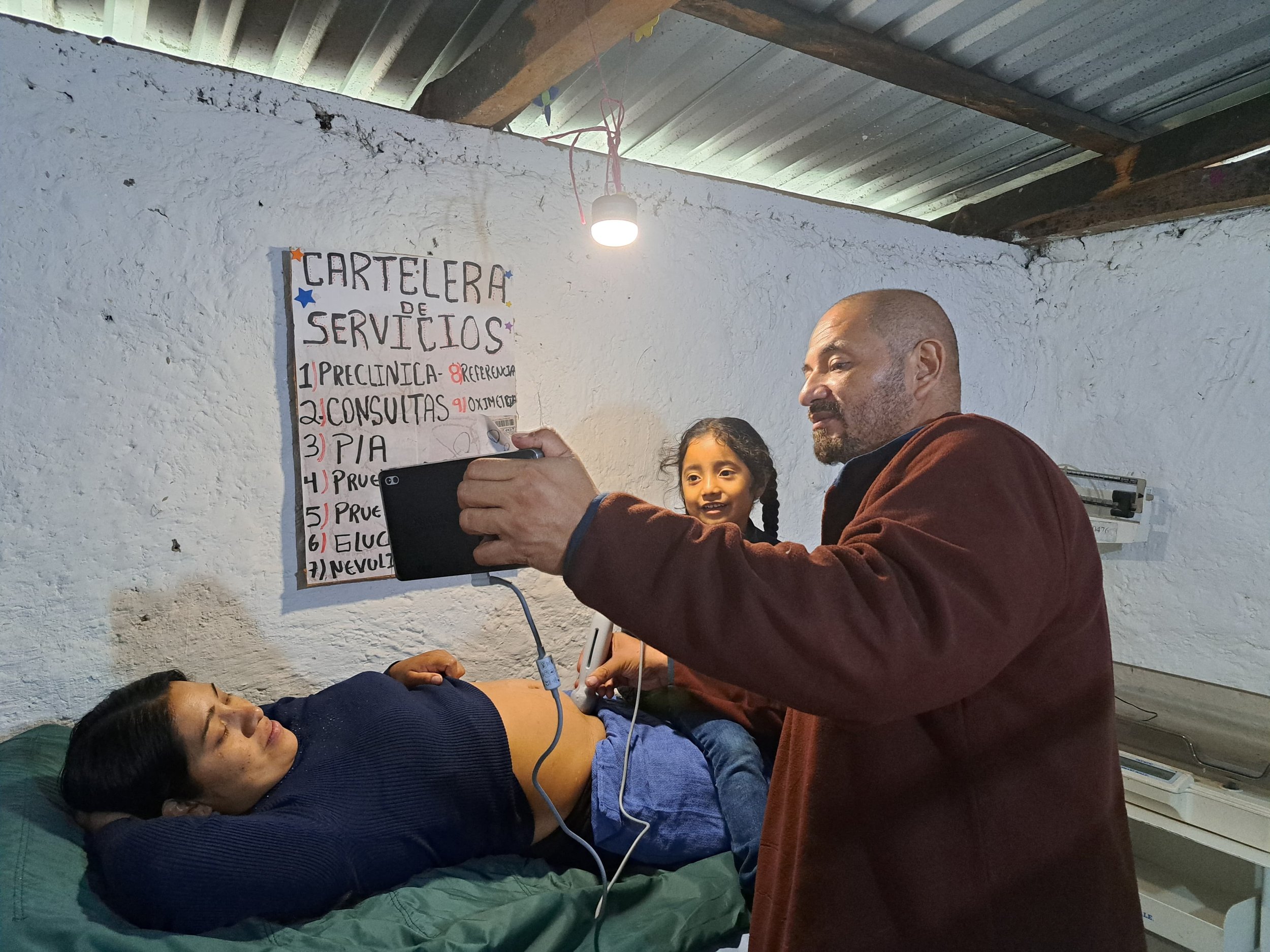
RURAL CLINICS
For families living in rural Honduras, accessing basic healthcare is a significant struggle, especially for women and girls.
The maternal mortality rate doubled in Honduras from 2020 to 2021, with 125 maternal deaths per 100,000 live births.
With only .5 physicians per 1,000 people, the lack of medical professionals in Honduras is on par with many of the least developed countries in the world.
Our rural clinics in Honduras have been proven to improve health by providing access to quality care, education, and community-based initiatives.
Bringing Health Care to Rural Communities
Volunteers for Honduran Communities' rural clinic project aims to provide essential healthcare services to individuals living in remote and underserved rural areas of Honduras. Through our comprehensive and community-based approach, we work closely with local partners and community members to identify and address the unique health needs of each community we serve. Our objective is to build local capacity for sustainable health and development. The Rural Health Clinics constructed by VHC Honduras, and their trained Community Health Workers, are bridging the gap in health care access for remote villages. With basic health care services and access to life-saving medications, families in these areas have seen a tremendous improvement in their overall health.
Community Health Workers are also focus on preventive healthcare providing education concerning personal hygiene, sanitation, clean water, and disease prevention. Rural communities account for 41% of the Honduran population. Currently, our health clinics provide essential health services for nearly 5,000 people in 12 villages. The results provide inspiration, showing what is possible when we bridge the gap in access to healthcare..
A Focus on Women’s Health
Women’s Health is a major focus of our rural health program. We believe that supporting maternal and infant health lays the foundation for a thriving future. Two thirds of our patients are girls and women, who face the greatest gaps in care. We are expanding education for our CHW’s (Community Health Workers) about how to counsel pregnant and recent mothers. This all requires training by American and Honduran experts, some new equipment, and additional recruitment of volunteers.
In 2024, we expanded our care for pregnant mothers and their babies, by hiring our part-time doctor. Our traveling doctor, who will regularly visit the remote clinics to complement the work of community health workers. By providing ultrasounds and additional testing, we can identify high risk cases, refer to larger hospitals, and even save the lives of mothers and babies.
5000+
PEOPLE
Have been provided access to health services in rural Honduran communities.
12+
HEALTH WORKERS
Have been trained, supported, and deployed by the Brigade to serve rural Hondurans.
12+
VILLAGES
Have access to life-saving health services in remote, rugged areas.
Rural Clinics: Health Care in Remote Mountains
VHC Runs three small clinics, staffed mostly by trained volunteer Community Health Workers. Take a quick tour through one of our small clinics.
Community Health Workers Save Lives
As a non-profit organization dedicated to improving the health and well-being of underserved communities in Honduras, we believe that Community Health Workers (CHW’s) are an integral part of our efforts. These dedicated individuals are often the first point of contact for individuals seeking medical care in rural areas where access to hospitals and clinics can be limited.
CHW’s are trained to provide basic health services and education to their communities. They work closely with local healthcare providers to ensure that residents have access to the care they need. They also play a crucial role in promoting preventative measures, being first-responders on the great, and undoubtedly saving lives on a frequent basis.

“I have seen such a significant change, before there were so many preventable illnesses but now thanks to the care we provide, people are much healthier. ”






